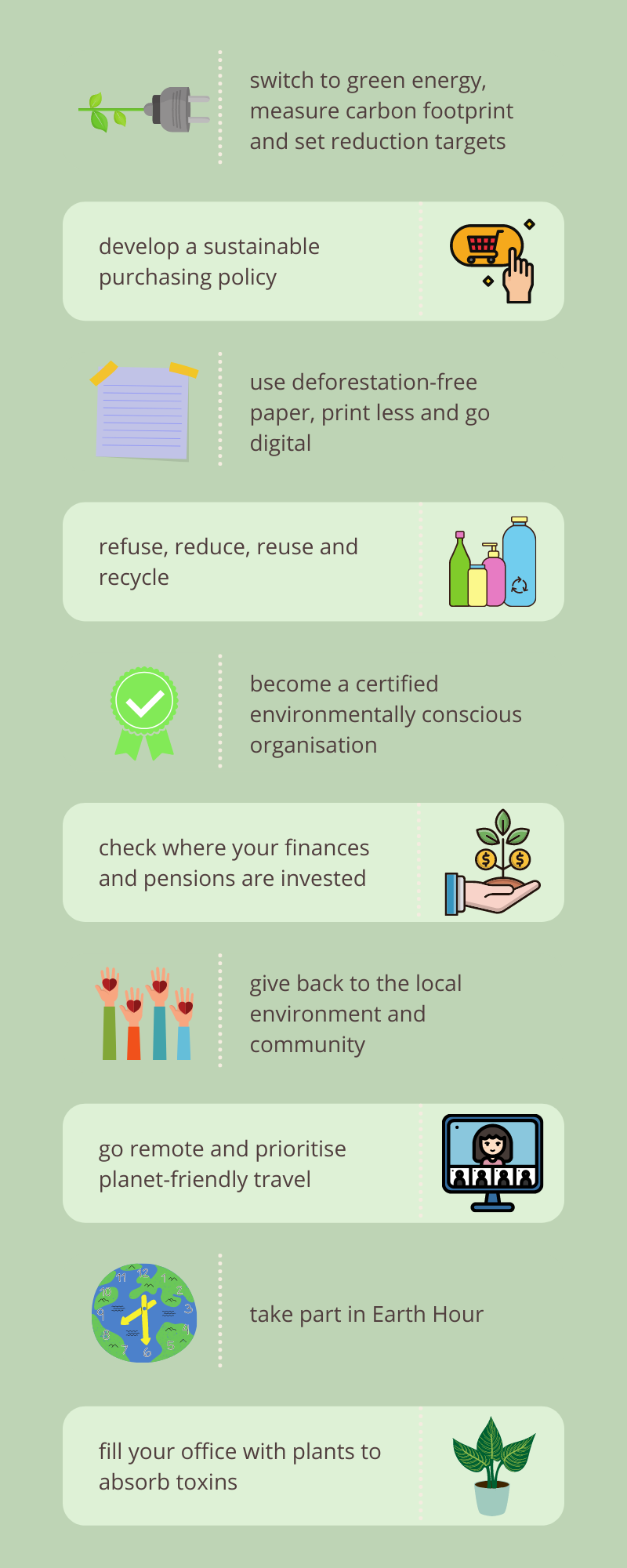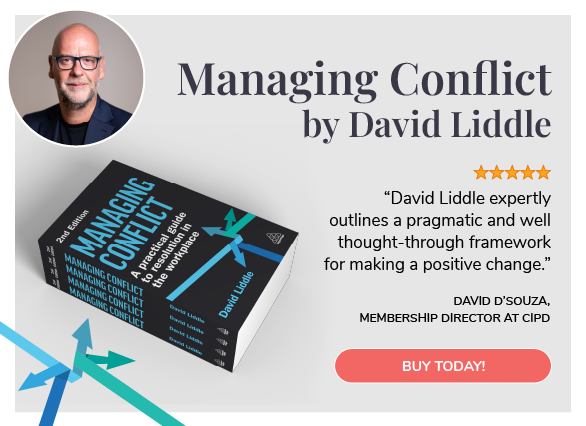
Share article:
Tags:
How to act on climate change from your desk
It’s 2021 and activism is the agenda. As Gen Z and Millennials storm in as the most populous generations, we’re calling for our surroundings to reflect our modern and progressive ideals. From #MeToo, Black Lives Matter and Fridays for the Future, the movement is inclusive, intersectional, and sustainable. The US alone is home to the most diverse generation in its national history. Greta Thunberg, Swedish climate campaigner, is now a household name at the age of 18. More women than ever before have been elected to parliament across the world.
It’s clear that we’re no longer murmuring about hot summers and gender pay gaps – we’re shouting about racism, deforestation, feminism, and extreme weather. Our streets, neighbourhoods and workplaces look different and diverse, and our governments are starting to represent this too. As November rolls in, heads are turned to watch one of the world’s most important conferences, COP26, unfold. Leaders from across the globe – from Biden to Johnson to Trudeau – will convene to discuss the pressing management of climate change. They’re taking notice on an international scale.
Cities are on the frontlines, too. Bloomberg CityLab have noted a push for cities to “rewild” to combat sprawl and climate change. Researchers have forecast that 290,000 square kilometres of natural habitat will be converted to urban uses by 2030. To crush the blow, much urban planning has turned to sustainability, through an investment in environmental tracking technology, to respond to rising water levels and carbon footprints. Zero waste initiatives are a priority to tackle plastic pollution in Vancouver, Dubai and New York. Transport has also been targeted – Bogota has a “car-free” day every Sunday to park road traffic. Oslo, Norway, paves the carbon dioxide ambitious agenda by aiming to reduce its emissions by 95% by 2030. Green buildings are the latest installation in Singapore, incorporating a “Garden City” into its city architecture to create an enviable skyline and use energy and water more efficiently.
So, we’re talking green and living green. How do we work green? With many workplaces touting hybrid working since the onslaught of the pandemic, many have tossed their car keys, abandoned the underground and produced far less waste as they work from home. Will we completely scrap the scaffolding and get back to nature?
Employees, millennial or otherwise, have returned to work with a renewed confidence and understanding of what they want from their workplace. As our worlds continue to diversify and reflect our needs – so must our organisations. It’s time to push for a fair, just, inclusive and sustainable agenda to produce a high-performing organisation and planet. Just as we’re calling on our world, government, and city leaders to increase efforts – we must ask the same of our managers and CEOs.
We can start small. Here’s a company checklist to track your journey towards a greener workplace.

Mike Berners-Lee, writer and researcher of carbon footprinting, suggests that it is the impetus of our organisations to fight for sustainability and social justice, existing to meet three purposes:
“The first is the provision of useful and worthwhile goods and services – things that stand to enhance wellbeing of people and planet now and in the future. Secondly, they should provide meaningful and fulfilling ways for the workers to spend their days. Thirdly, they need to contribute for the appropriate distribution of wealth such that all people have the resources they need to have quality in their lives.”
At The TCM Group, we’re certainly not perfect, nor are we claiming to be. But we are echoing the voices of our colleagues, clients and stakeholders and taking those critical steps to sustainability. Our Transformational Culture Model™ leans on sustainability and social justice as one of the key enablers to achieving organisational success. All services that we provide – through mediation, team facilitation, coaching, investigation and so forth – are available remotely. Our products, conferences and administration are totally digitalised and we’re working towards B Corp status because we know that it’s important.
In recognition of COP26, let’s have roundtables in our own teams and discuss how we can work towards a greener workplace and a more sustainable future. It might be buying a plant today, going paper-free next month, and implementing a green pension scheme next year. Every step for sustainability counts.








